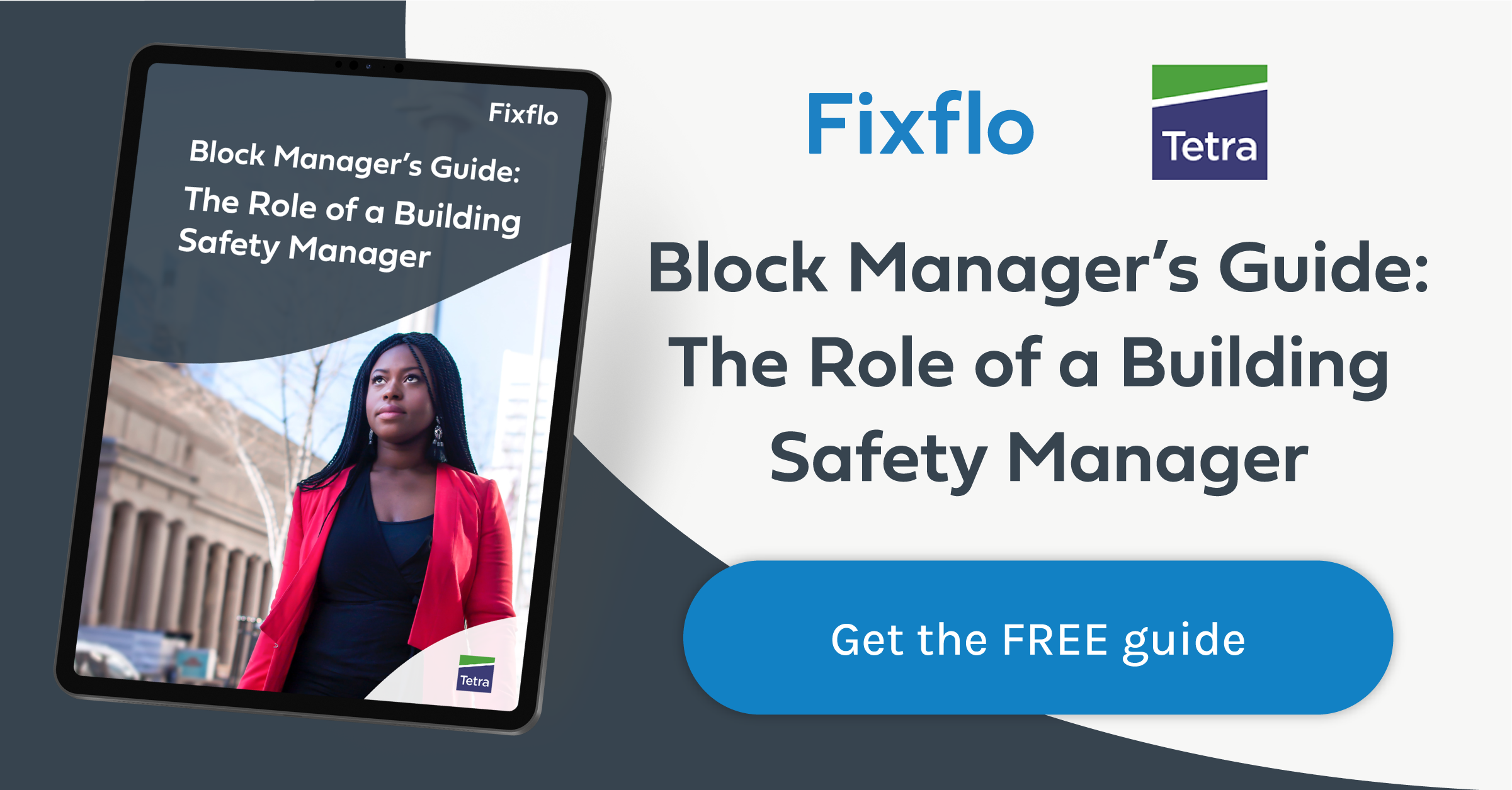Familiarity breeds contempt. We all know what it’s like. Due to lockdown, we’ve all been spending far more time than usual at home. In between Zoom calls and (Microsoft) team talks, it’s only natural that we’ve been looking around our homes and feeling dissatisfied. Maybe it’s the need for a better workspace, maybe it’s just getting bored with our surroundings, but more leaseholders than ever are requesting licences to alter their property. Here’s how block managers should deal with them.
What does a licence to alter mean?
A formal licence to alter is a written document that allows the leaseholder to make structural changes to their property. While a resident will have bought the leasehold to the flat, it’s important to remember that the freeholder owns the bricks and mortar and their permission must be sought to make changes to the fabric of the building. While this might seem like unnecessary admin, the licence to alter protects the leaseholder as much as it does the freeholder because it will identify the condition of the property before the works commence, a bit like an inventory. This means the leaseholder won’t be blamed for any existing defects.
Why might a leaseholder need it?
As we pointed out, the prevalence of working from home during the pandemic has led to lots of leaseholders being tempted to do up their property. While some might be tempted to think they can slip some home improvements under the radar, it’s imperative that leaseholders apply for a licence to alter before they make any structural changes, to prevent being in breach of the lease. Moreover, the changes are likely to be noticed when it comes to sell, which could result in the leaseholder being forced to apply for permission and paying retroactively, which could end up costing thousands more than it needs to. While cosmetic changes are fine, structural changes, like knocking down walls, extending out, fitting new kitchens or heating systems and even simpler things like changing window frames all require freeholder permission.
What’s the best way to ensure the terms of the lease are followed without disappointing the leaseholder?
As ever in the rental industry, the key to ensuring the leaseholder follows the terms of the lease is transparency. Advise your leaseholders to contact their freeholder at the planning permission stage and where possible, try and make the process as swift and efficient for them as you can. If they’re able to supply full, reasoned details of what they want to do before they do it, the freeholder is far more likely to agree to a licence to alter. All parties should be aware of the costs involved. Securing a licence to alter usually entails legal fees (the leaseholder is usually liable for their own and those of the freeholder) and leaseholders may have to consult their lender. Those costs, however, are nothing compared to the costs incurred if you circumvent the process, so it’s always worth taking the time and paying the money to secure permission.
What's the role of a building safety manager in respect of the Building Safety Bill? Block Manager's Guide: The Role of a Building Safety Manager, produced in collaboration with Tetra Consulting, explains.

BLOG DISCLAIMER
This article is intended for information purposes only and does not constitute legal advice. If you have any questions related to issues in this article, we strongly advise contacting a legal professional.
These blog posts are the work of Fixflo and are licensed under a Creative Commons Attribution-ShareAlike 3.0 Unported License. In summary, you are welcome to re-publish any of these blog posts but are asked to attribute Fixflo with an appropriate link to www.fixflo.com. Access to this blog is allowed only subject to the acceptance of these terms.


